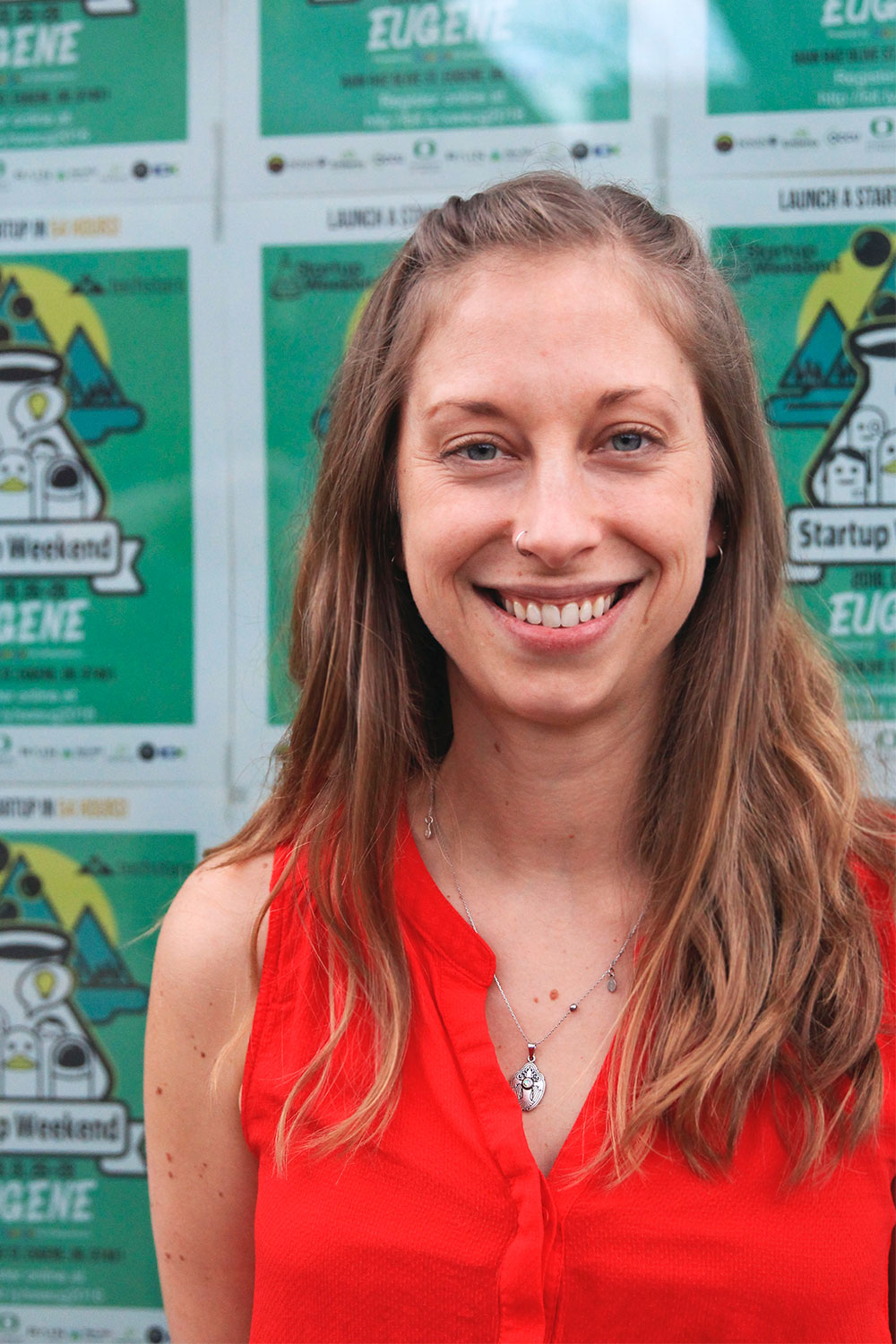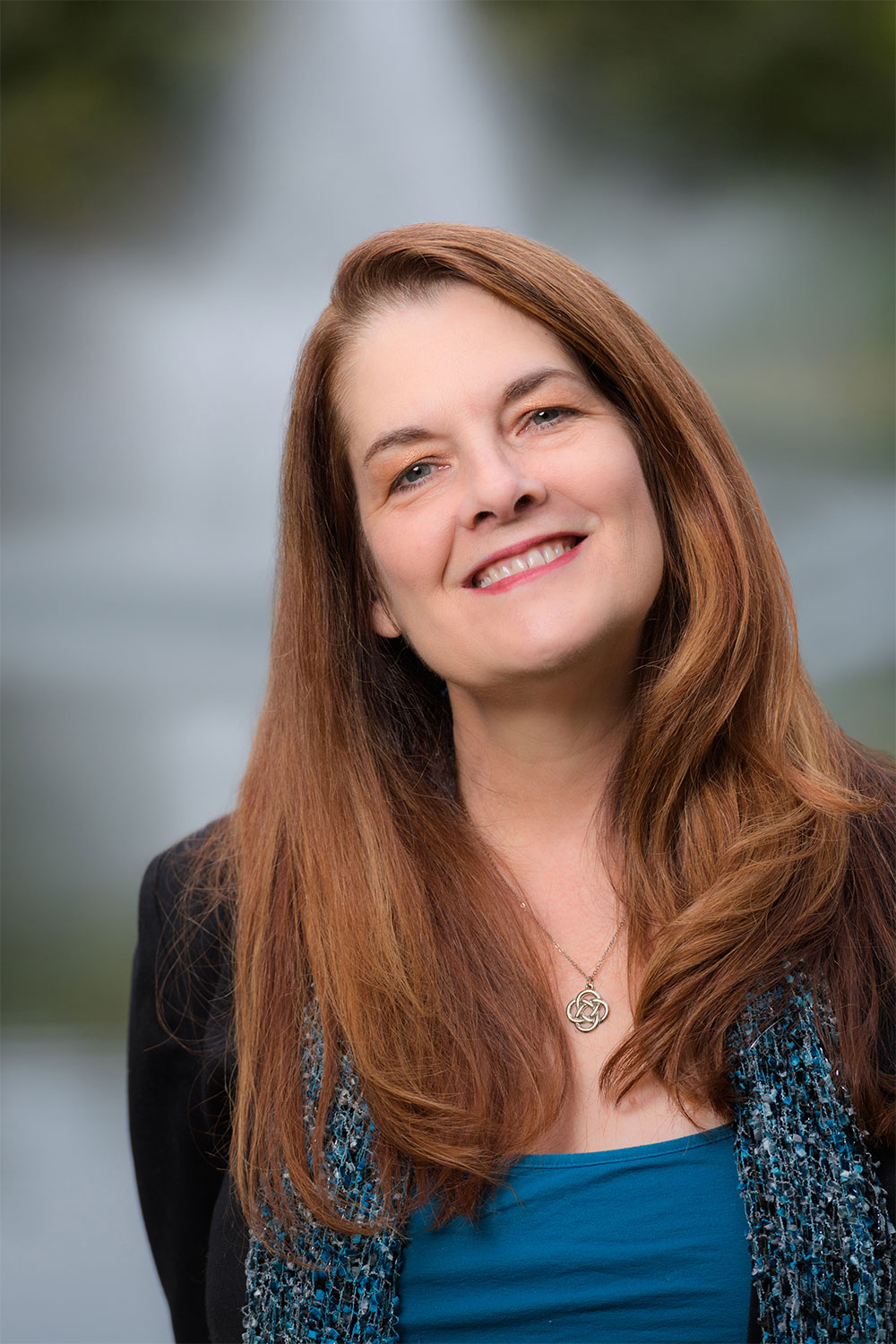By Lauren Jerome and Kim Dearborn
As entrepreneurs and technology specialists, our Eugene connections naturally brought us together. We, the writers, come from different backgrounds. Yet our understanding of, and passion for, technology cleared the way for some very interesting topics of discussion. One subject we often talk about is how, as a society and a community, we could do a better job to connect individuals with the communities and resources they need to succeed in the science, technology, engineering and mathematics (STEM) fields.
Enlarge

As women, we have seen the bias that our foremothers dealt with as working women. Although there is less bias today in many fields than say, 50 years ago, we realized that specifically in STEM careers, it still exists.
This was one of the reasons that Redefining Women in Tech, a nonprofit organization with a mission to empower women to be equitably represented in technology fields, was founded.
What we discovered along the way was that while women looking to transition to STEM careers certainly were experiencing discrimination, there was also a great need for an expansion of programs to help re-train an existing workforce and connect them with resources they need to thrive in tech careers.
Job descriptions have evolved to keep up with technology, but the way we train for jobs has not evolved as quickly.
Realistically, today’s young professionals are looking at the likelihood of having more than a few different careers during their time in the workforce. Many pathways needed to help people succeed in this reality have yet to be built.
Enlarge

Award-winning journalist Farai Chideya, author of The Episodic Career, explores in detail how the globalized economy means that not just jobs but entire career tracks are created and destroyed in front of our eyes.
“We are in a period of intense disruption and creation in the world of jobs and careers and experts report that this will go on for the foreseeable future. So how do you prepare and evolve to keep up?” she asks.
She adds: “Knowledge of the workplace is power over your career.” It’s a fact that has become more evident in the past 10 years than ever before.
We ask our children, “What do you want to be when you grow up?”
What we really should ask is: “What five things do you want to be?”
That’s because being successful in a future career could entail different jobs that may — or may not be — interconnected.
The reality is jobs of the future may be beyond our comprehension today, but that isn’t really anything new. For instance, workers of the 1930s had no concept of remote work and the capability we have today to be able to see or speak with colleagues in a different location, much less on a different continent. Working from home via computer would have been something beyond their comprehension.
As technology continues to morph and change, the job market will do the same. So how do we keep up?
Not unlike professional careers in the medical, legal or teaching fields, continuing education is mandatory. Continuing education is now the norm. If you aren’t seeking to learn more about advancements in technology, you will likely struggle in your next round of job seeking.
Still, finding access to the right programs to stay industry-relevant can be challenging, and sometimes it’s hard to even know where to start. Last year, Redefining Women in Tech hosted Not Your Average Tech Jobs. We presented local programs and invited anyone interested to see that not all tech jobs require writing code. The result was a diverse group of curious job seekers.
Even with the great educational resources available in the Eugene area, we’d like to encourage the community to consider new ways to introduce short-form learning opportunities, like workshops, seminars and conferences.
Today our community’s workforce needs all the help we can provide to keep our technical and leadership skills relevant. By supplementing our rich, local higher educational resources with additional awareness, skills training, mentorship and apprenticeship programs, as well as supporting leadership development and employer programs, we expect to see more of our workforce placed in skilled jobs in the long term.
Kim Dearborn runs her own PR firm, Kim360PR, and has more than 25 years of hands-on experience in marketing, public relations, editorial and content development, event photography, advertising and social media strategies.
Lauren Jerome is an active member of the Eugene technology and startup communities. She co-founded Redefining Women in Tech in 2017 in response to a growing awareness and desire by local organizations to improve representation for women in technical fields.